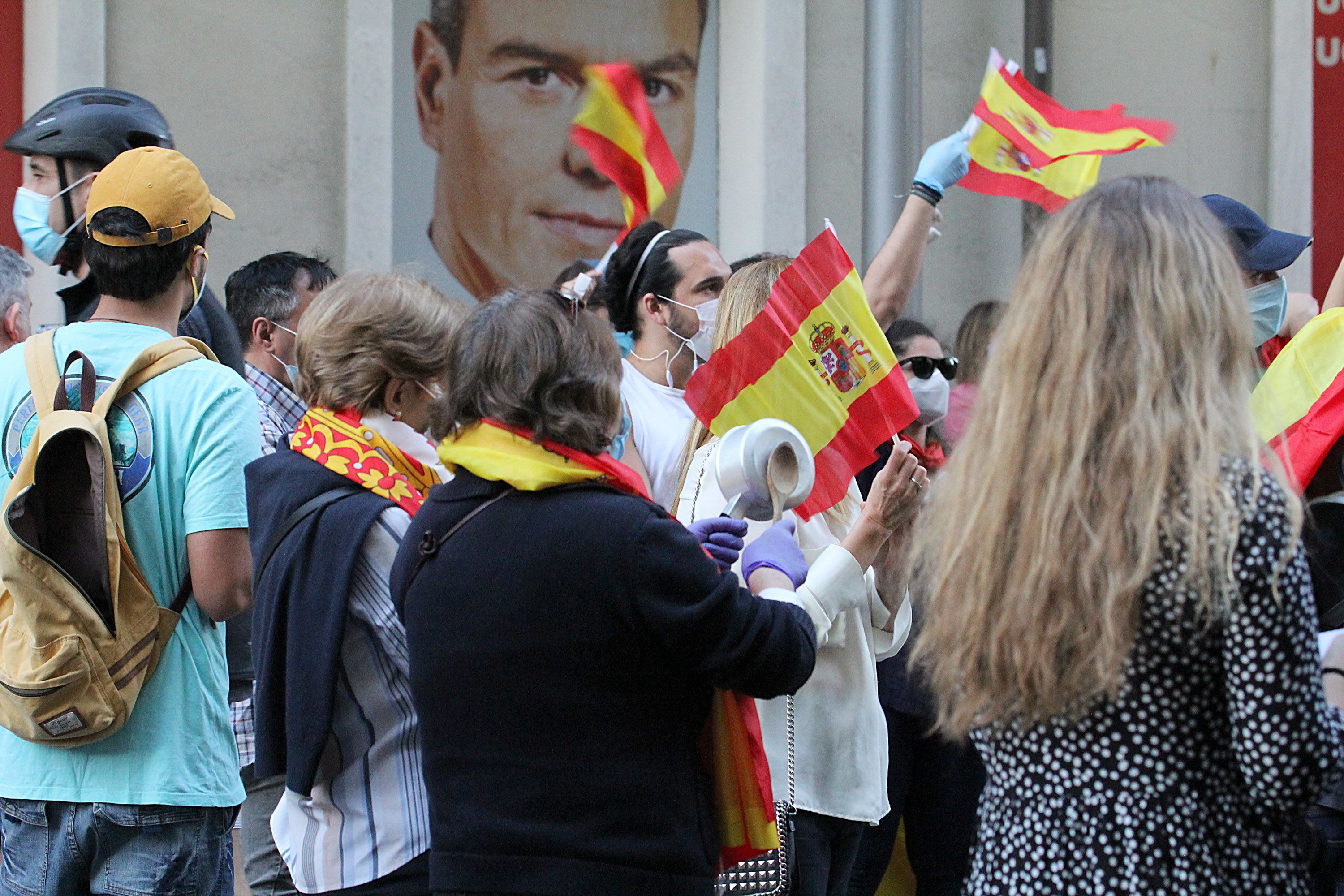Spain blame game begins – As Spain slowly moves beyond the worst public health phase of the COVID-19 pandemic, the first big political crisis of the finger-pointing phase has arrived. On Monday, Spain's left-wing government sacked the head of the Guardia Civil police in Madrid. Conservative opponents of the government immediately pointed out that the Madrid police had recently filed a report alleging that the government's decision to approve a massive March 8 rally for women's day contributed to the virus' devastating spread in the weeks afterward. The approval for that rally is currently under investigation by a Spanish court. The government denies that the sacking was related, but the second in command of the national Guardia Civil has already resigned in protest as well. Meanwhile, as Spain's notoriously sluggish and fragmented judicial system comes back online, courts are facing a deluge of cases involving bankruptcies as well as lawsuits alleging that the national government mishandled the crisis. The cases could take years to adjudicate.
Nigerians need food – Nigeria's government has issued a clear message to the country's farmers: produce more food. The authorities say the country has run out of funds to import food for its people to eat, but workers say that years of chronic under-investment in the country's agricultural sector has meant that even before the pandemic they were struggling to supply enough produce for Nigeria's 200 million people. They warn that millions could now starve unless the government itself brings in more rice and other staples. Food prices in Nigeria have surged since the coronavirus crisis hit Africa, while the already-flailing economy has taken a massive hit from falling oil prices, a crucial revenue stream for the continent's largest economy. Even before the pandemic, famine-induced food shortages had pushed millions below the poverty line, while ongoing conflict with Islamist militant groups have displaced more than 2.5 million people. The IMF now predicts that Nigeria's economy will contract by at least 1.5 percent this year, a massive blow for a country where 3 million people already depend on food aid to survive.
Wuhan's testing miracle – Authorities in Wuhan, China, appear to have pulled off the impossible, testingalmost 7 million residents for COVID-19 in 10 days after a handful of new infections was detected in that city earlier this month. The ambitious testing scheme, dubbed a "10-day battle" by state officials, is an attempt to prevent a second wave of infection in the city where COVID-19 first surfaced back in December. Indeed, it was an impressive operation: to put the feat in perspective, testing 7 million people in 10 days means testing 8 people every second of every day. How did they do it? Medical booths were set up in every neighborhood so that all residents could easily access testing, while technicians paid home visits to elderly and disabled residents who were unable to leave their homes. On Friday alone, Wuhan performed around 1.47 million tests, compared to 394,296 tests performed throughout the entire US on the same day. Some countries have pointed to Wuhan as a model for mass testing schemes, but researchers say that it's not a foolproof system and that it risks overwhelming labs, while the push to rush through testing batches could produce faulty results.
More For You
Most Popular
Think you know what's going on around the world? Here's your chance to prove it.
20: The number of fallen Ukrainian athletes and coaches depicted on a Ukrainian skeleton racer’s helmet at the Winter Olympics, which prompted the International Olympic Committee (IOC) to disqualify him on Thursday.
The Russian government has begun blocking the popular messaging apps WhatsApp and Telegram in a sweeping crackdown aimed at forcing Russians to use a state-backed alternative called MAX, which critics say would enable censorship and surveillance.
